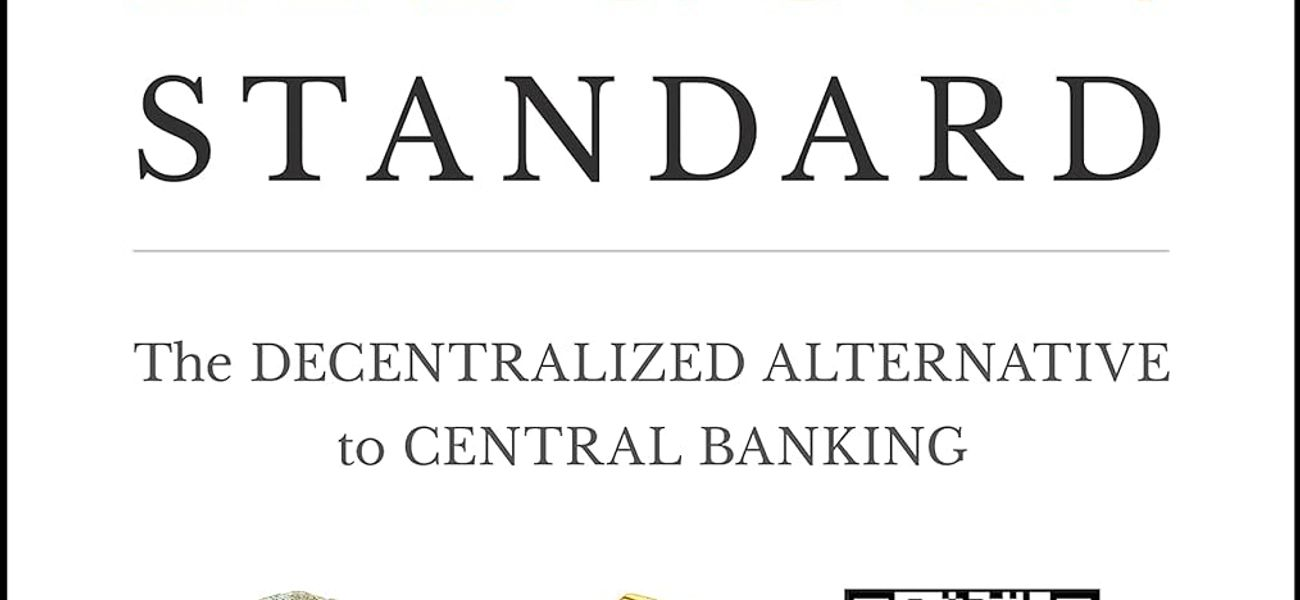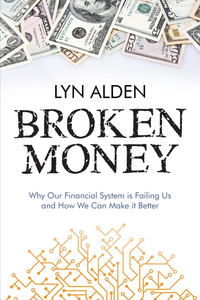
The Bitcoin Standard: The Decentralized Alternative to Central Banking
“The Bitcoin Standard” by Saifedean Ammous is a comprehensive exploration of Bitcoin and its place in monetary history. It delves into the historical context, economic properties, and potential implications of Bitcoin, going beyond the technicalities to examine its broader significance.
Ammous begins by highlighting Bitcoin’s origin in 2008 when a pseudonymous programmer introduced it as a peer-to-peer electronic cash system. Despite initial obscurity, Bitcoin has grown into a globally accessible alternative to modern central banks.
Historical Context and Evolution of Money: The book traces the history of money from primitive trade systems to modern government debt. Ammous explores what made these systems successful or fail, linking sound money to societal achievements and collapses. This historical journey sets the stage for discussing Bitcoin’s potential as sound money.
Bitcoin’s Operation and Unique Features: Bitcoin is presented as decentralized software that creates accurate records without relying on physical authorities. It is depicted as both digital cash and digital gold, with predictable monetary policies and fast settlement capabilities.
Implications for Society: Ammous argues that Bitcoin challenges government control over money, shifting power to individuals. This suggests a future where money is free from political influence and borders.
Addressing Common Questions: The final chapter addresses frequent questions about Bitcoin, such as its energy use, association with criminal activities, control mechanisms, and the proliferation of Bitcoin imitators.
Conclusion: “The Bitcoin Standard” provides a thorough understanding of Bitcoin’s rise and its significance as a decentralized, free-market alternative to traditional banking systems. It’s essential for anyone looking to grasp the impact of Bitcoin on the financial world.


